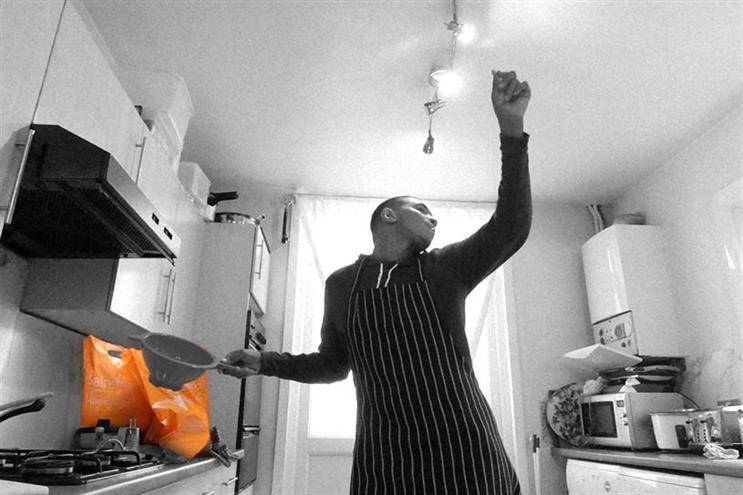Sainsbury’s latest results are – at first – a confusing mixed bag. While, overall, they have suffered a 9% fall in half-year profits, like-for-like sales actually went up 1.6% which, when compared to the rest of the retail world at the moment – is actually not too shabby.
The supermarket giant is facing the same issues as a lot of other retailers currently but has some distinct elements that sets it apart.
For example, last year’s acquisition of Home Retail Group has played out pretty positively for the brand. A lot of its recent investment has been focused on bringing Argos in-store – which involved closing hundreds of Argos stores around the country and freeing up space in supermarkets in order to bring the retailer closer to home.
This integration into stores has given Sainsbury’s an edge over other retailers. It both makes the supermarket more of a contender with the likes of Amazon, and customers are more likely to stay and spend money on food when they step into a supermarket to pick up their products.
Despite this recent innovation, Sainsbury’s has a fundamental problem. It is arguably too distracted by flashy innovations and products that will not impact the bottom line in the long run. In today’s retail environment that is a position it can’t afford to be in.
Firstly, let’s look at its ranges. Take its recent announcement that it will be launching own brand vinyl albums. Yes, this ties into nicely to their "Food dancing" brand image – but realistically, is it a clever move for the brand? Even if it is successful it won’t take too long for others to muscle in on the market and overtake them. The self-assuredness in the fact that all consumers have bought into its musical merits and will therefore rush to the stores and clean them out of vinyl is completely misguided.
Although I stand by the opinion that the acquisition of Argos has been a positive move for Sainsbury’s, the story with Habitat is far more complicated. Habitat’s physical stock can not as easily be introduced into stores as Argos can for a number of reasons.
Firstly there’s an issue with space. Where would all those sofas go? Secondly, from a positioning perspective, would you really want to go to a supermarket to buy a designer sofa? This is another distraction that the brand can do without currently. But recognising that digital investment is the only angle with this proposition.
Secondly, the supermarket’s approach to technology is another distraction. Today it has announced that it will introduce 45 Smart Shop stores by mid-November, where users can scan their shopping as they go, following Waitrose’ lead from a few years ago. It has also discussed the possibility of checkout-free stores, following Amazon’s lead. Yet for all this talk, Sainsbury’s needs to look internally, not outwards, in order to ensure long term success.
Yes, it may not be as glamourous or as headline grabbing – but it needs to increase automation in all back-office areas - think payroll, HR, contact centres and logistics. These will be the areas that have the biggest impact long term.
People are always going to buy food, whether they have a fancy checkout machine in hand or not. The way things are going, you almost expect Sainsbury’s will be announcing they are introducing drone deliveries (please do not do this Sainsbury’s).
Additionally, Sainsbury’s need to focus on its approach to data, getting deeper into the analytics which will drive improved decision making, not only in consumer loyalty, but also around range planning, localised and personalised offers and further developing stickiness. The current Nectar scheme is absolutely useless. Who wants to be offered a deal via a paper voucher on a product you bought 20 seconds earlier? Who wants an app that doesn’t update real time? When you marry this with fact that the points have halved in value, it’s no wonder it’s virtually dead in the eyes of customers.
Whilst Sainsbury’s are undoubtedly trying to build a brand for the future, they are currently in danger of spreading themselves too thin. Instead, it needs to knuckle down and focus on what it does best. Living well, for less.
Ray Fowler is director at Transform


